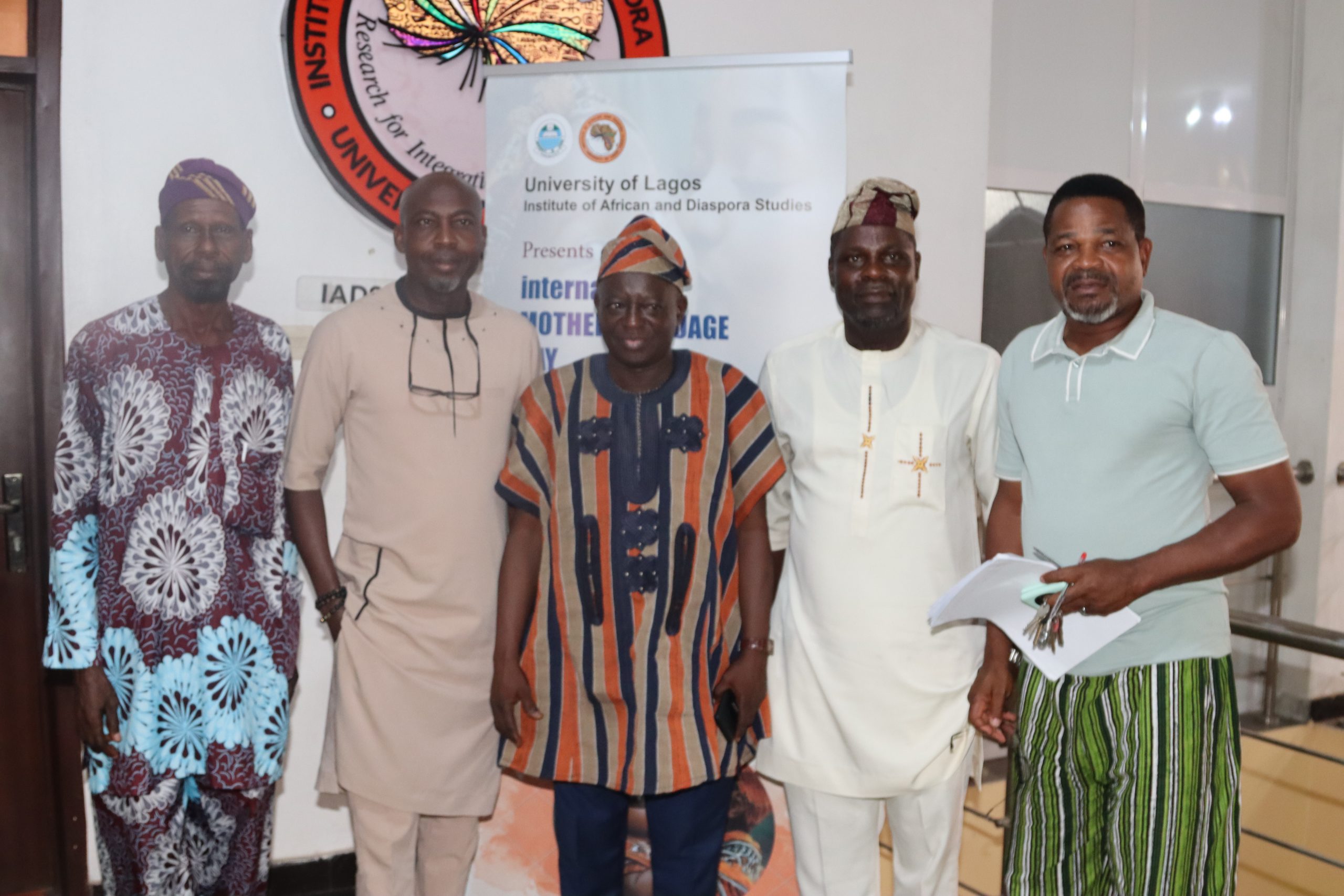The University of Lagos Medical Centre wishes to sensitise all members of the University community about the Lassa fever, a disease currently on the rampage in many parts of the country.
Epidemiology:
Lassa fever is an Acute Febrile Haemorrhagic (bleeding) disease caused by the Lassa virus. It occurs more often in the dry season than in the rainy season.
The Multimamate Rat (Mastomys natalensis) is the reservoir host of Lassa fever.
Prevalence:
The incubation period is about 10 days but can range from 6-21 days. In January 2020, cases have been reported in nine (9) states of Nigeria which include: Abia, Bauchi, Ebonyi, Edo, Delta, Ogun, Ondo, Plateau and Taraba States.
A total number of 159 suspected cases have been reported since the beginning of the year. As at 19th January 2020, the total number of confirmed cases is 81, with 10 deaths recorded.
Transmission:
- Direct exposure to saliva, urine and/or excreta of an infected rat.
- Human to human spread by direct contact with the blood, urine, faeces, or other body fluids of an infected person.
- Person to person transmission occurs in both community and health settings through contaminated medical equipment such as needles, syringes, scalpels, blades etc.
- Sexual transmission of Lassa virus has also been reported.
Symptoms and Signs:
- Mild onset over days: fever, weakness, headaches, muscle and joint pains.
- Gastrointestinal Symptoms: poor appetite, nausea, vomiting, diarrhoea and abdominal pain.
- Respiratory Symptoms: cough, breathlessness, catarrh, sore throat and chest pain may be seen.
- The central nervous system in late stages: agitation, confusion, tremor to coma and convulsions.
- Bleeding from all orifices e.g. ears, eyes, nose, mouth, vagina, skin.
- “Classic” presentation: fever, neck/facial swelling, bleeding (beneath the skin).
- Deafness is a common complication and can occur in up to 30% of cases.
Prevention of Lassa fever:
- Promote Good Personal and Environmental Hygiene by:
- Regular handwashing with soap and water – and disinfectant when necessary
- Avoiding any form of contact with rats.
- Keeping the house and environment clean and disposing garbage far from the home.
- Covering all foods and water properly.
- Cooking all foods thoroughly.
- Washing all fruits and vegetables thoroughly with water and vinegar before processing.
- Avoiding eating of raw vegetables except you are sure it is not contaminated
- Blocking all rat hideouts and carrying out fumigation against rats.
- Avoiding handling of dead rats and disposing same far away from the house.
- Discarding any food suspected to have been eaten by a rat.
- Storing grains and other food items in rodent-proof containers.
- Avoiding eating Garri for now – dry or soaked in water – if you are not sure of the source.
- Stop bush burning to prevent bush rats from invading your homes.
- Avoid contact with blood and other body fluids (saliva, faeces, sweat) while caring for sick persons.
2. In the event of any suspected case of Lassa fever, report immediately to the Medical Centre or call the following lines: 0803 320 3609, 08063734631.
3. Any suspected case outside the university campus should be taken to Mainland Hospital, Yaba or LUTH, Idi–Araba.
4. You can also contact Lagos State Ministry of Health by calling these GSM numbers: 08023169489, 08033565529; and Nigeria Centre for Disease Control (NCDC) on 0800970000-10
NOTE: All items that have had possible contact with a case of Lassa fever must be thoroughly disinfected before repeated use.






